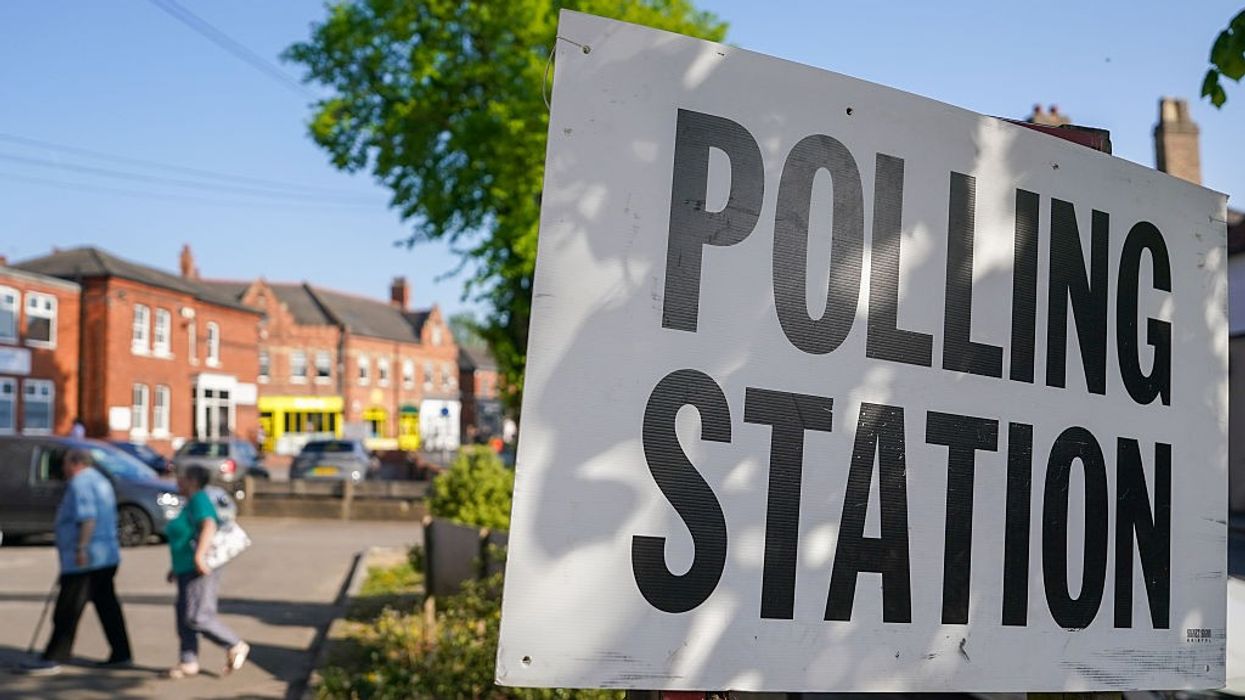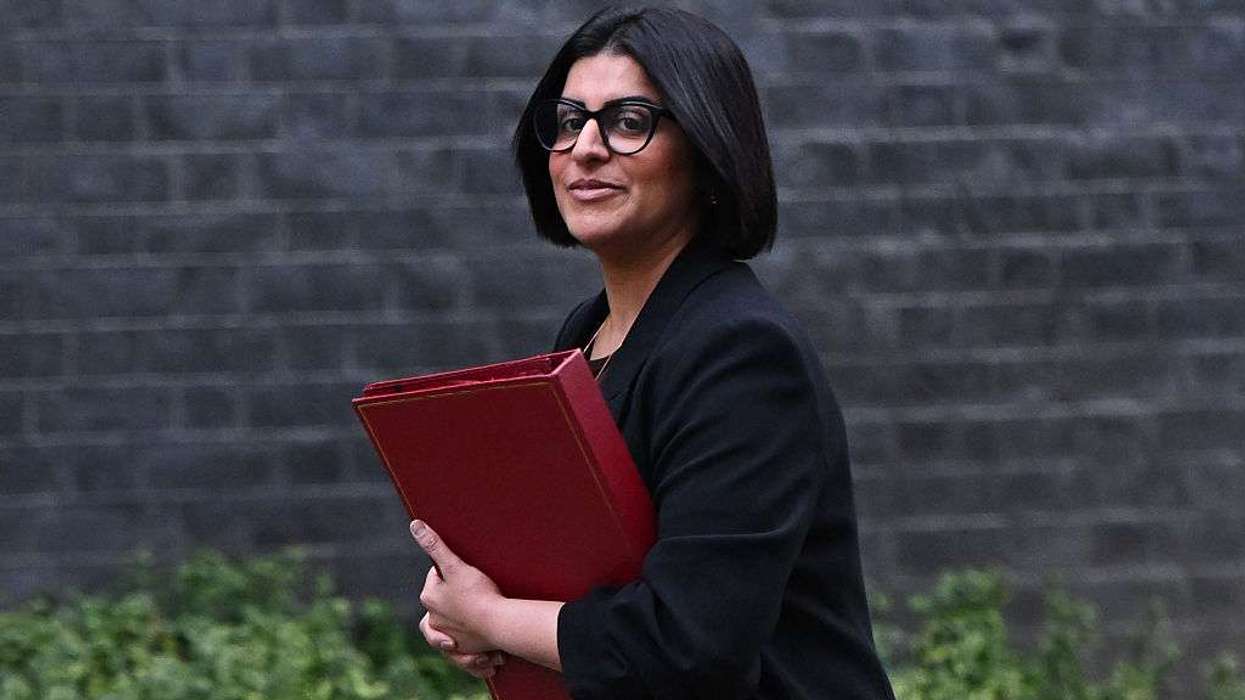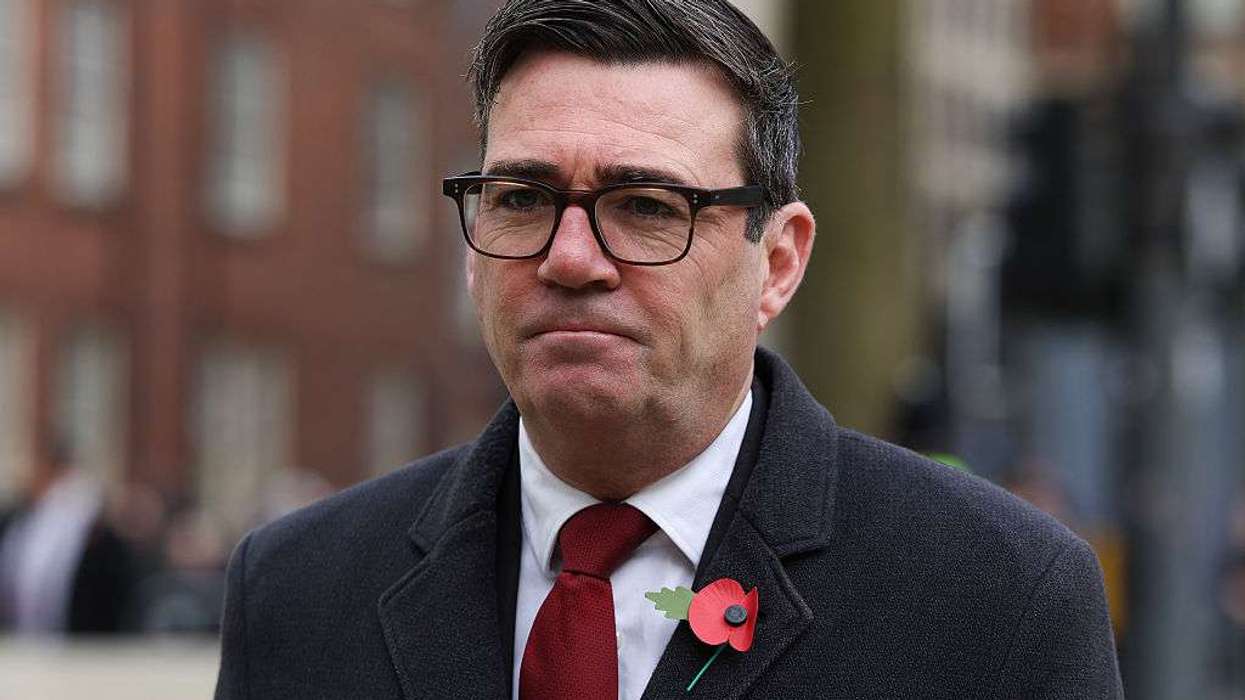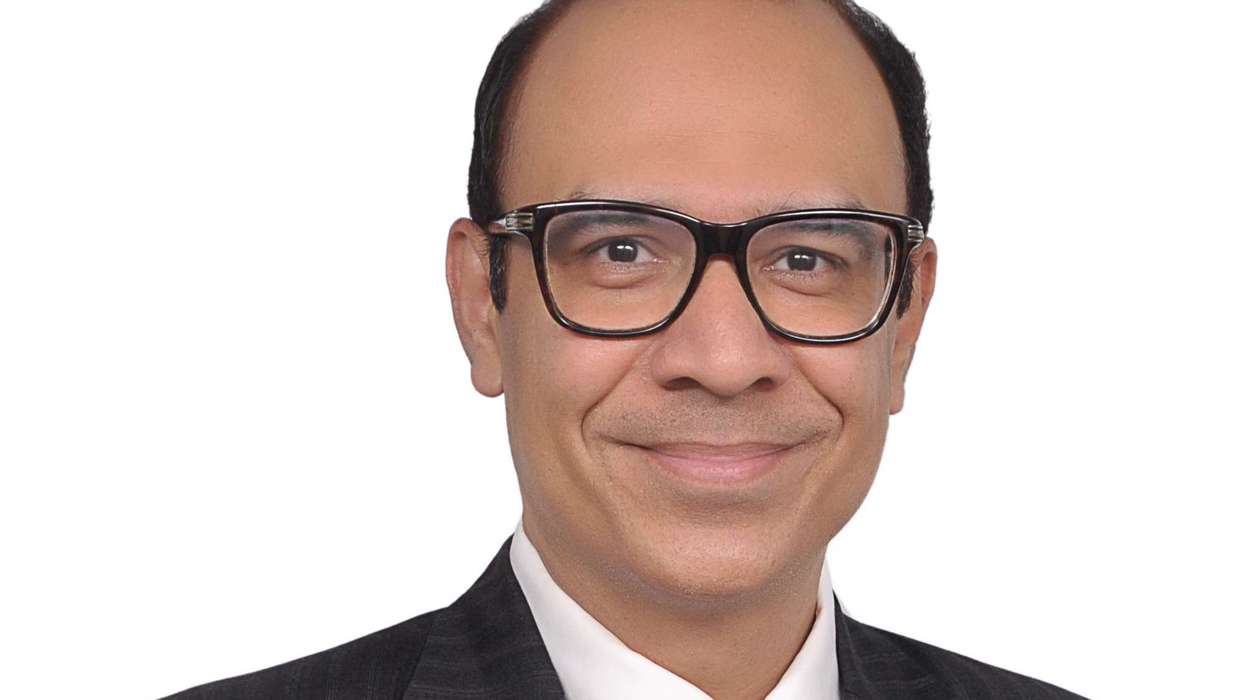THE government said on Thursday (17) it planned to give 16 and 17-year-olds the right to vote in all UK elections in a major overhaul of the country's democratic system.
The government said the proposed changes were part of an effort to boost public trust in democracy and would align voting rights across Britain, where younger voters already participate in devolved elections in Scotland and Wales.
"They're old enough to go out to work, they're old enough to pay taxes ... and I think if you pay in, you should have the opportunity to say what you want your money spent on, which way the government should go," prime minister Keir Starmer told ITV News.
The change will require parliamentary approval, but that is unlikely to present an obstacle because the policy was part of Starmer's election campaign last year which gave him a large majority.
Despite that win, Starmer's popularity has fallen sharply in government after a series of missteps set against a difficult economic backdrop. His party sits second in most opinion polls behind Nigel Farage's right-wing Reform UK Party.
A poll of 500 16 and 17 year-olds conducted by Merlin Strategy for ITV News showed 33 per cent said they would vote Labour, 20 per cent would vote Reform, 18 per cent would vote Green, 12 per cent Liberal Democrats and 10 per cent Conservative.
There are about 1.6 million 16 and 17 year-olds in the UK, according to official data. Just over 48 million people were eligible to vote at the last election, in which turnout fell to its lowest since 2001. The next election is due in 2029.
Research from other countries has shown lowering the voting age had no impact on election outcomes, but that 16-year-olds were more likely to vote than those first eligible at 18.
"Voting at 16 will also help more young people to cast that all-important, habit-forming vote at a point when they can be supported with civic education," said Darren Hughes, chief executive of the Electoral Reform Society.
The reforms would also expand acceptable voter ID to include UK-issued bank cards and digital formats of existing IDs, such as driving licences and Veteran Cards.
A more automated system will also be introduced to simplify the process of registering to vote.
To tackle foreign interference, the government plans to tighten rules on political donations, including checks on contributions over £500 from unincorporated associations and closing loopholes used by shell companies.
“By reinforcing safeguards against foreign interference, we will strengthen our democratic institutions and protect them for future generations,” democracy minister Rushanara Ali said in a statement.
(Reuters)





